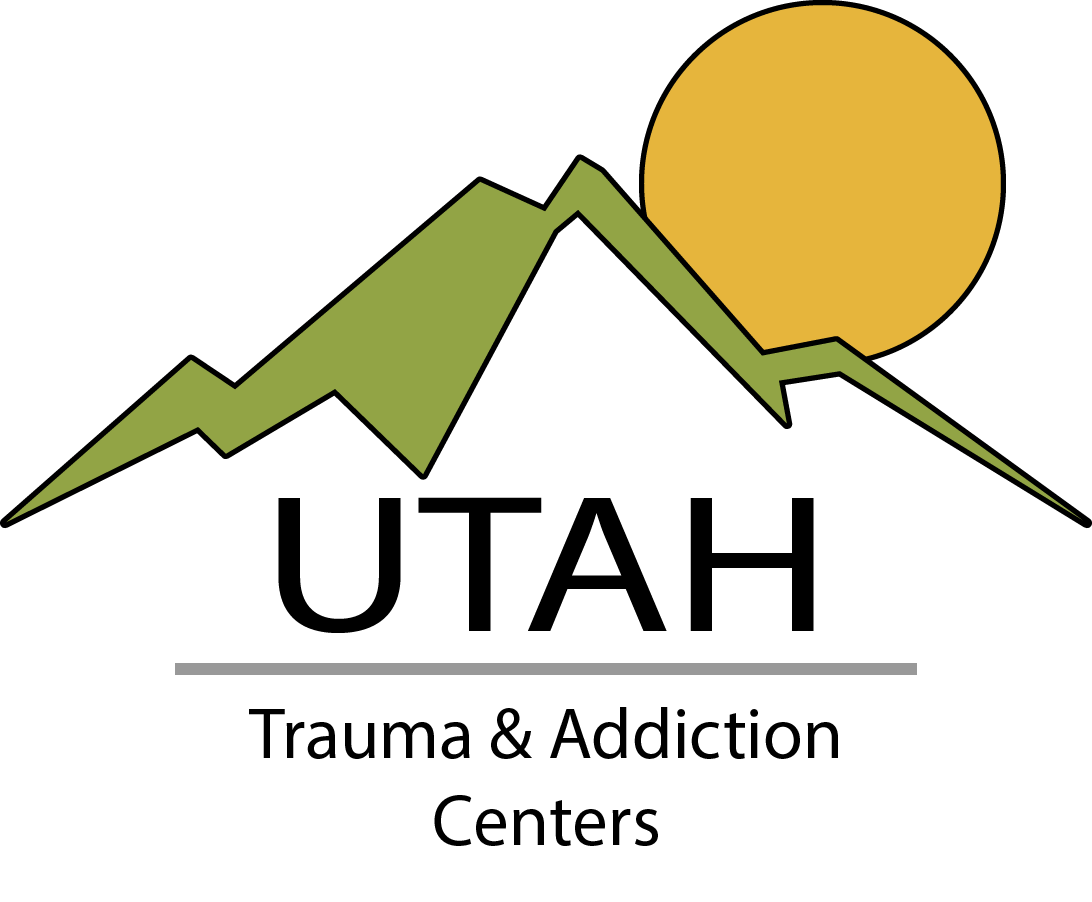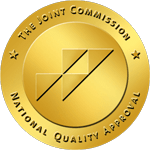Unfortunately, alcoholism is a progressive disease and only gets worse. The common drinker goes unnoticed sometimes for years until their disease of alcoholism has completely taken over their entire life and in most cases…ends up taking their life by destroying the drinker’s major organs including the brain, or the innocent lives of others from driving drunk, etc. It is best to assume that moderate to severe alcohol consumption is potentially life threatening and dangerous to the self and to others.
Drinkers can be solely addicted to alcohol physically, emotionally, psychologically, or all of them simultaneously. Alcohol is a depressant and effects the central nervous system once absorbed through the bloodstream. Once reaching the brain (intoxication), normal functions are now slowed which causes distorted vision, delayed thinking, poor impulsive decisions, memory lapses (blackouts), loss of balance and extremity control, and slurred speech. Alcohol becomes extremely lethal when mixed with prescriptions or other illicit drugs. The alcoholic will often experience a “hangover” from the night before due to dehydration and irritation to their nervous system and will resort to drinking as the first thing to do in the morning. This is where the endless cycle of alcoholism starts and usually cannot be broken unless the alcoholic seeks after professional treatment help.
Alcohol is produced from a process involving fermentation of various grains, fruits and vegetables through yeasts which convert the sugars (carbohydrates) into an ethyl alcohol liquid. Alcohol abuse severely damages the relationships of the family. Alcoholism is strongly correlated with genetics and therefore has been passed down from generations for hundreds of years. Alcoholism can be passed down traditionally and kept hidden from the common eye through the social aspect of it being culturally acceptable for certain families or even with different major religions. Some of the more known issues associated with alcohol are: Fetal Alcohol Syndrome, Depression and other mental health disorders, Financial/employment issues and Adult Children of Alcoholics (ACOA).
The economic impact alcohol has on America is close to $185 billion dollars annually in regards to health costs, crime, law enforcement, and productivity loss (NIDA, 2010). The Center for Disease Control (CDC) has recently claimed that 38 million Americans drink too much alcohol and may have a problem with alcoholism. The CDC feels this is primarily due to the ongoing issue associated with doctors not being very involved with their patient’s personal life by asking questions relating to their alcohol consumption. The CDC says an adult female should only drink one time per day, while an adult male should only drink two times per day. The CDC defines a drink as either a 5 ounce glass of wine or a 12 ounce glass of beer. The CDC also said that you do not have to be an alcoholic to have a drinking problem (Center for Disease Control, 2014). One way to see if you or a loved one needs to attend an Alcohol Rehab or has a problem with alcoholism is if you answer “YES” to any of these four (4) questions.
- Have you ever felt you needed to cut down your drinking?
- Has anybody annoyed you by criticizing your drinking?
- Have you ever felt guilty about your drinking?
- Have you ever felt you needed to drink first thing in the morning to steady your nerves or to rid a hangover?



